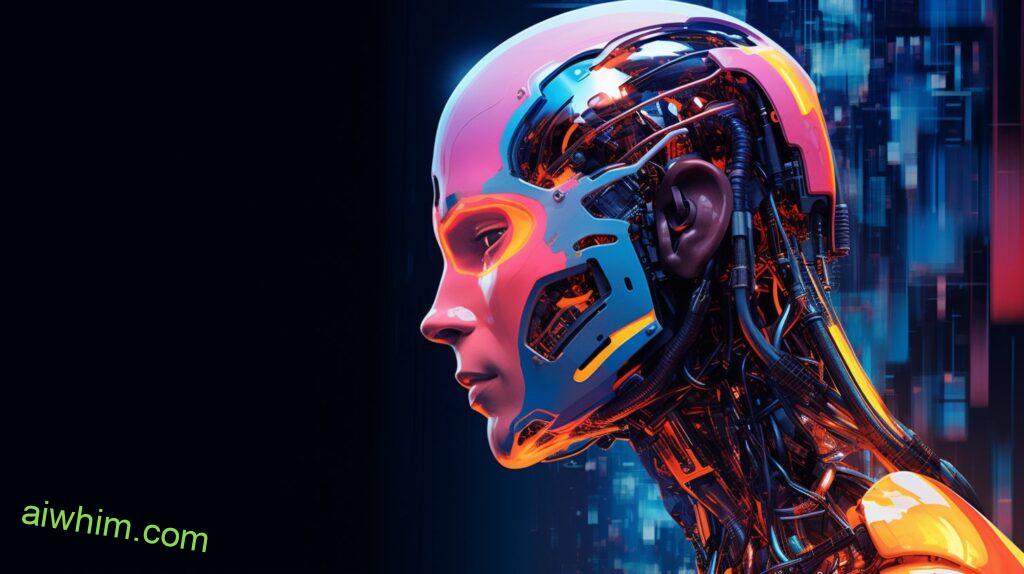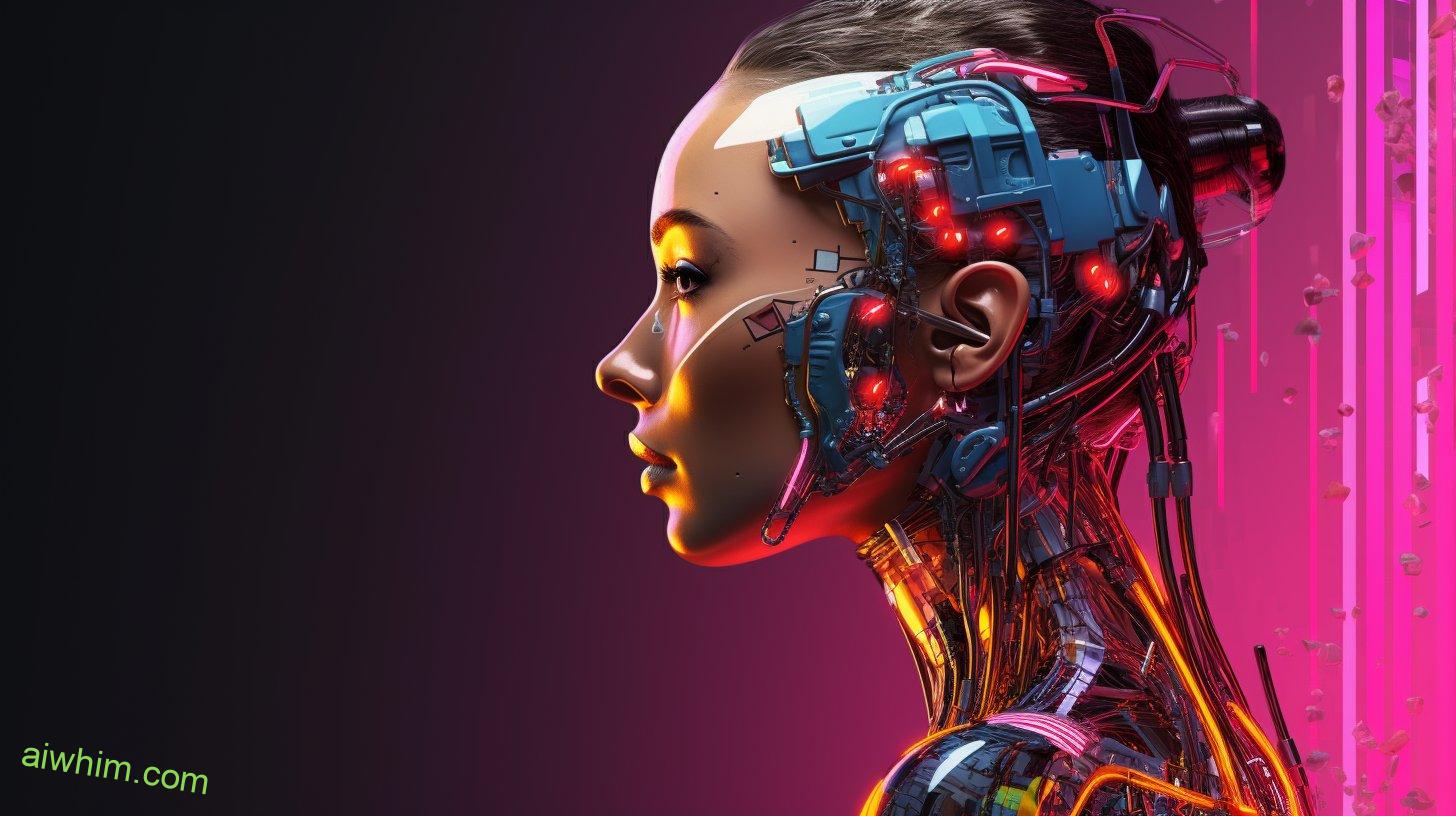Are you worried about the future of your physician assistant job? Well, brace yourself, because AI is on the rise and it could be coming for your career.
The potential impact of artificial intelligence in healthcare is undeniable. From medical diagnosis to surgical procedures, AI has the power to revolutionize patient care.
But don’t despair just yet. Instead of viewing AI as a competitor, embrace it as a complement to your role.
In this article, we’ll explore how collaboration between AI and physician assistants can lead to greater freedom and improved outcomes for patients.
Key Takeaways
- AI has the potential to automate certain tasks performed by physician assistants, which may impact job roles and responsibilities.
- Physician assistants need to adapt to technological advancements and embrace AI to ensure job security and remain valuable assets in the healthcare landscape.
- Collaboration between AI and physician assistants can lead to improved efficiency, patient outcomes, and job security.
- AI in healthcare, including in medical diagnosis, surgical procedures, and virtual assistants, has the potential to enhance accuracy, precision, and personalized patient care.
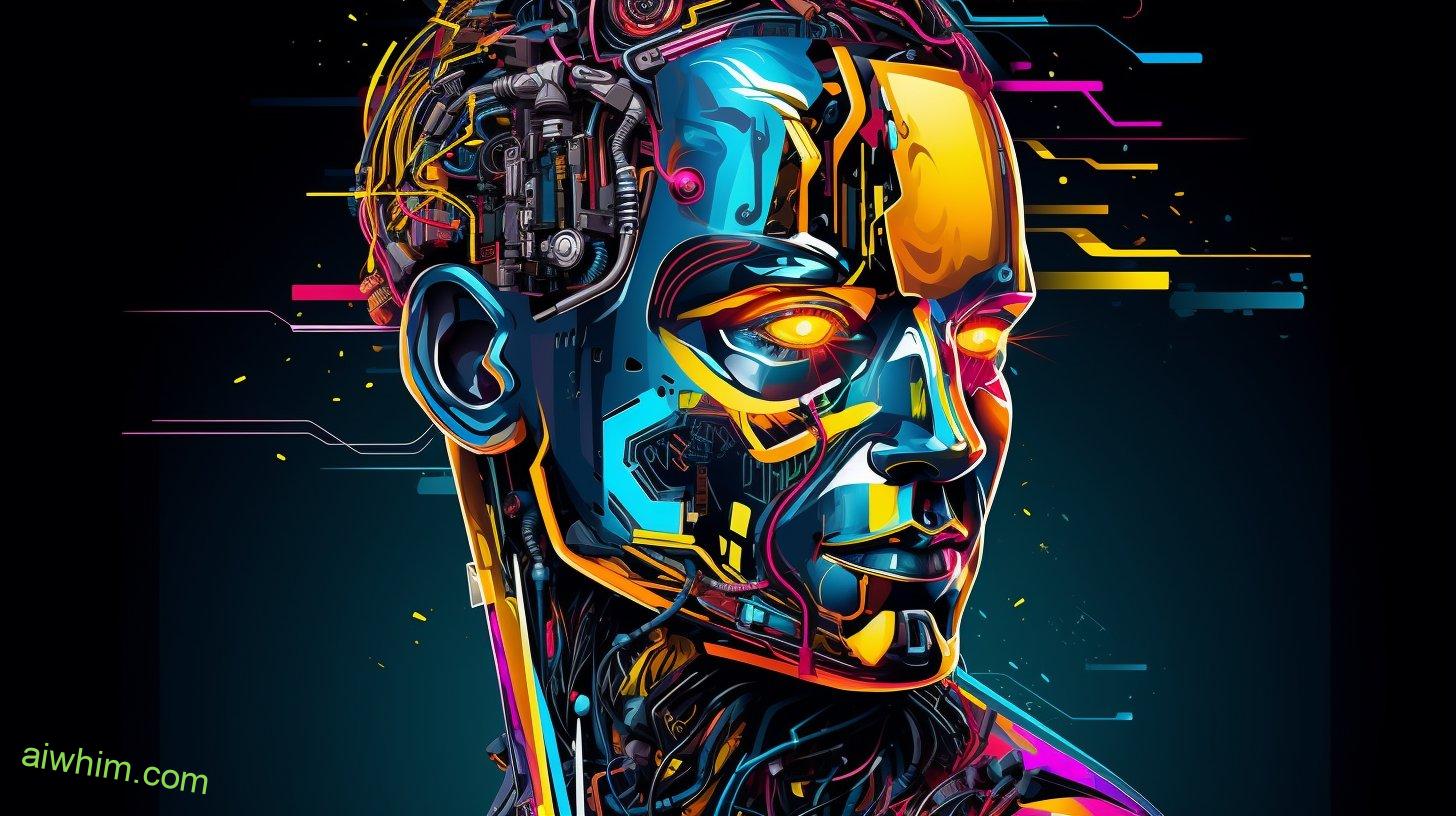
The Rise of Artificial Intelligence in Healthcare
You might be wondering if AI will become a competitor to physician assistant jobs. Well, let me tell you about the rise of artificial intelligence in healthcare and how it can actually benefit both patients and healthcare professionals like physician assistants.
Artificial intelligence has the potential to revolutionize healthcare by improving efficiency, accuracy, and patient outcomes. One of the major benefits of AI in healthcare is its ability to process large amounts of data quickly and identify patterns that may not be easily noticeable to humans. This can help physician assistants make more informed decisions about patient care, leading to better treatment plans and improved health outcomes.
Additionally, AI can automate routine tasks such as taking patient histories or analyzing medical images, freeing up time for physician assistants to focus on more complex cases or providing personalized care. This increased efficiency can result in shorter wait times for patients and allow for a higher volume of patients to be seen.
However, implementing AI in healthcare does come with its challenges. One major challenge is ensuring the privacy and security of patient data. With the use of AI comes the need for storing vast amounts of sensitive medical information. It becomes crucial to have robust cybersecurity measures in place to protect this data from breaches or unauthorized access.
Another challenge lies in integrating AI technologies into existing healthcare systems seamlessly. Physician assistants would need training on how to effectively use these new tools while maintaining their clinical expertise. Additionally, there may be resistance from some individuals who fear that AI will replace human interaction and diminish the quality of care provided.
In conclusion, while there are undoubtedly challenges involved in implementing AI in healthcare, its benefits cannot be overlooked. Rather than being seen as a competitor, AI should be viewed as a valuable tool that can enhance the role of physician assistants by improving efficiency and patient outcomes.
Embracing this technology can lead us towards a future where both humans and machines work together harmoniously for better healthcare delivery.
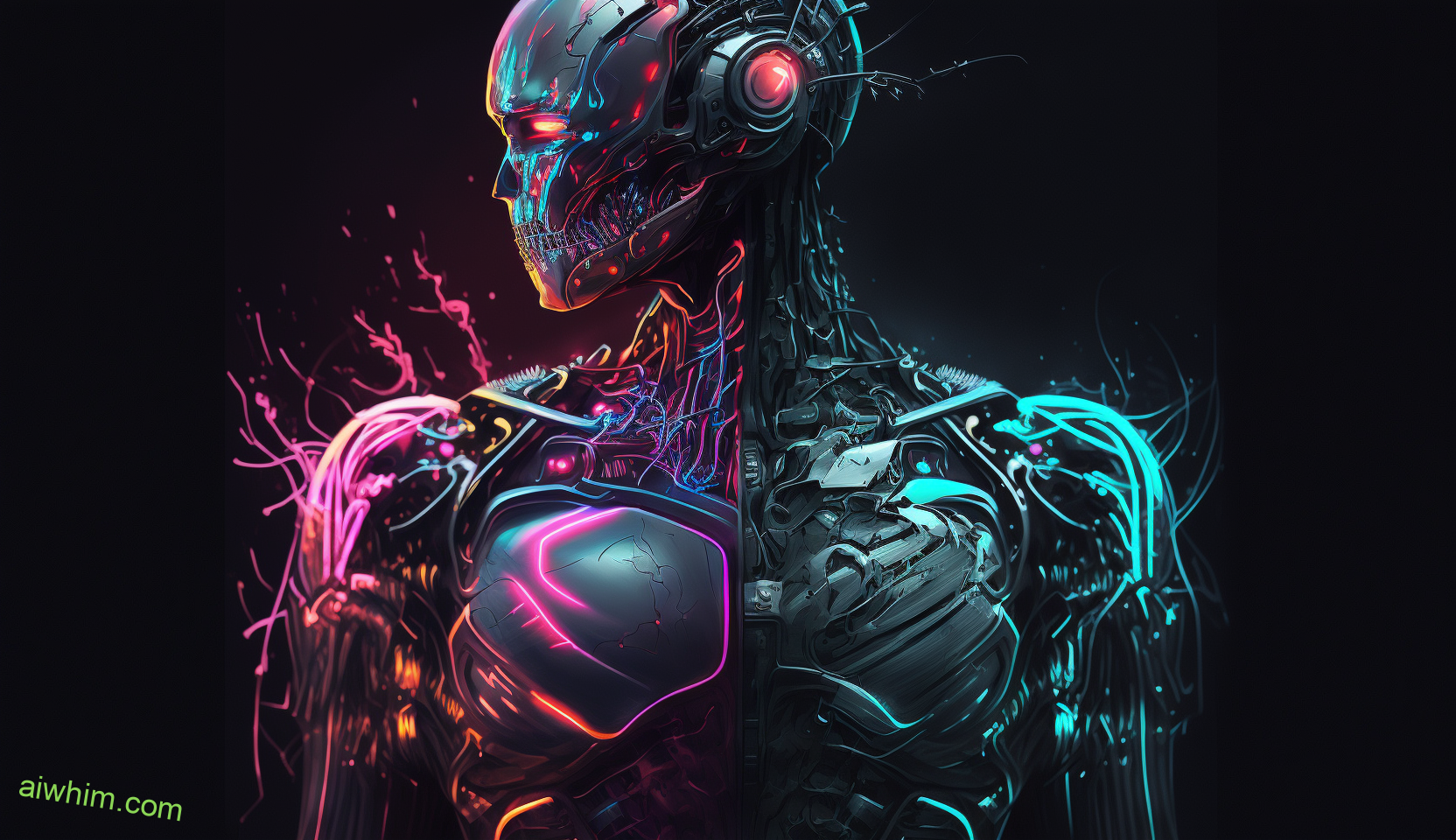
The Role of Physician Assistants in the Medical Field
As a medical professional, it’s important to understand the significant role that physician assistants play in the healthcare industry. These highly skilled individuals are an integral part of the medical team, providing vital support and care to patients. Here are four key aspects that highlight the importance of physician assistants:
- Primary Care: Physician assistants play a crucial role in primary care settings, working alongside doctors to provide comprehensive healthcare services. They perform physical examinations, diagnose illnesses, prescribe medications, and develop treatment plans for patients. This allows for more efficient and accessible healthcare delivery.
- Training and Education: Physician assistants undergo rigorous training and education programs to acquire the necessary skills for their profession. They complete bachelor’s degrees followed by accredited master’s programs in physician assistant studies. This extensive education equips them with knowledge in areas such as anatomy, physiology, pharmacology, and clinical medicine.
- Collaborative Approach: Physician assistants work collaboratively with other healthcare professionals like doctors, nurses, and specialists. They contribute their expertise while also learning from their colleagues. This teamwork ensures a holistic approach to patient care and improves overall outcomes.
- Patient Advocacy: Physician assistants serve as advocates for their patients’ well-being. They take time to listen attentively to patients’ concerns and provide compassionate care. By building trusting relationships with patients, they can address health issues effectively and empower individuals to make informed decisions about their own health.

The Potential Impact of AI on Physician Assistant Jobs
The potential impact of AI on physician assistant jobs is a topic of concern among healthcare professionals. With the advancement in artificial intelligence technology, there is a growing fear that AI could potentially replace some aspects of the work done by physician assistants. This raises questions about job security and the need for retraining and upskilling.
While it is true that AI has the potential to automate certain tasks performed by physician assistants, it is important to remember that AI should be seen as a tool rather than a competitor. The role of a physician assistant goes beyond just performing routine tasks; they provide direct patient care, assist in surgeries, and collaborate with physicians in diagnosing and treating patients. These are skills that require human touch and critical thinking abilities which cannot be easily replicated by AI.
However, this does not mean that the emergence of AI should be ignored. Healthcare professionals need to adapt to technological advancements in order to stay relevant and ensure job security. There may be a need for retraining and upskilling to incorporate new technologies into their practice. For example, learning how to effectively use AI-powered diagnostic tools or analyzing data generated by AI algorithms can enhance their decision-making process.
It is important for healthcare professionals to embrace technology rather than resist it. By understanding how AI can complement their skills rather than replace them entirely, physician assistants can position themselves as valuable assets in an evolving healthcare landscape. With proper training and collaboration with AI systems, they can improve patient outcomes while also ensuring their own job security.
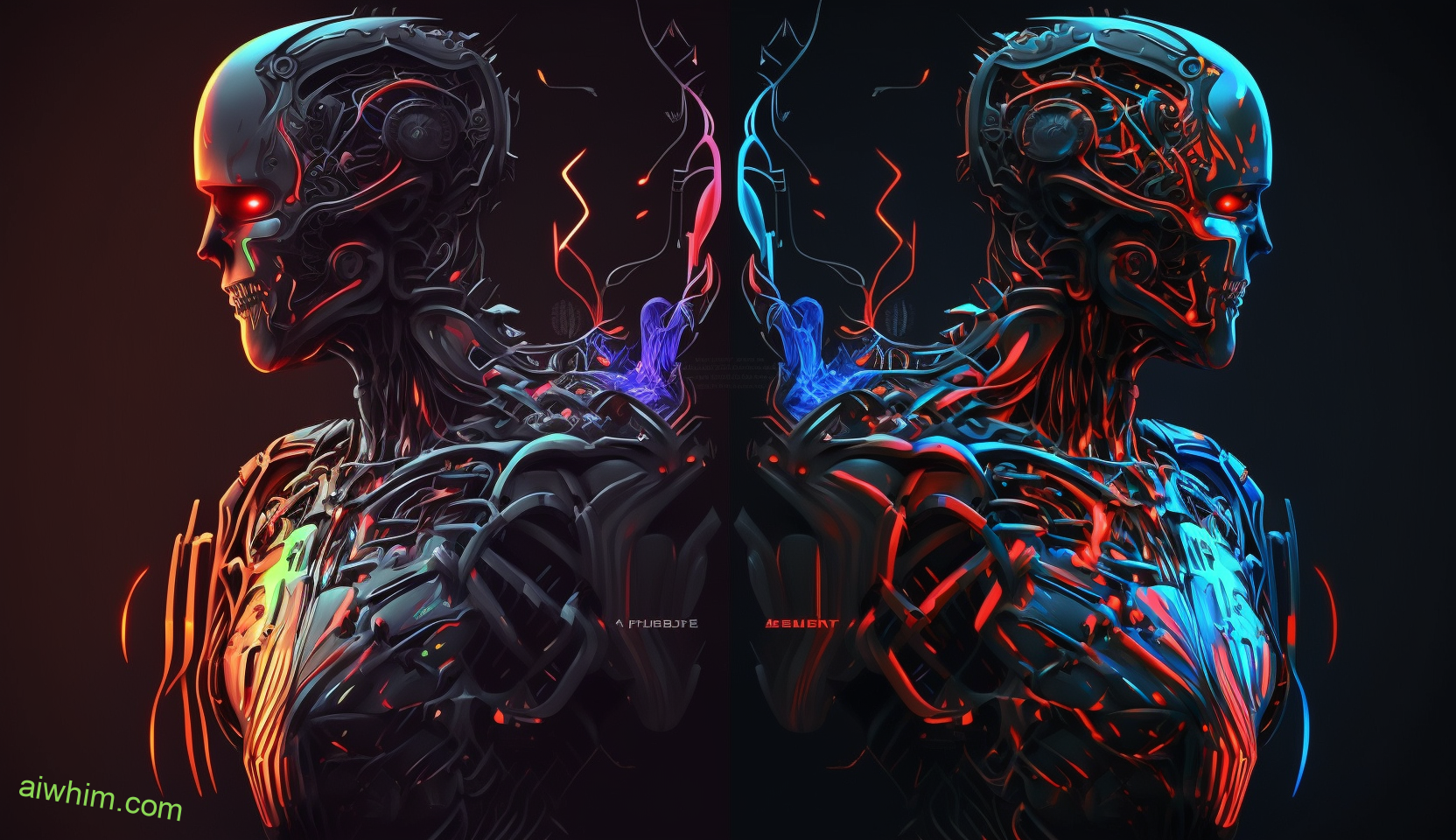
AI and Automation in Medical Diagnosis
Embracing the integration of AI and automation in medical diagnosis can greatly enhance the accuracy and efficiency of diagnoses. As a patient, you stand to benefit from this advanced technology in numerous ways:
- AI in radiology: Imagine undergoing a medical imaging procedure and having an AI-powered system analyze your scans instantly. This technology can quickly detect subtle abnormalities that might be missed by human eyes, aiding in early detection and treatment planning.
- AI in drug discovery: With the help of AI algorithms, pharmaceutical companies can sift through vast amounts of data to identify potential drug candidates more efficiently. This means new treatments could reach the market faster, offering you more options for managing your health conditions.
- Improved diagnostic accuracy: By incorporating machine learning algorithms into diagnostic processes, physicians can leverage the expertise of AI systems to arrive at more accurate diagnoses. This reduces the risk of misdiagnosis or delayed treatment, ensuring you receive timely and appropriate care.
- Enhanced efficiency: Automation streamlines administrative tasks such as scheduling appointments and managing electronic health records. By freeing up time for healthcare professionals, they can focus more on patient care, resulting in improved overall quality of care.
In this era where freedom is valued highly, integrating AI and automation into medical diagnosis empowers patients like yourself with increased access to precise diagnostics and efficient healthcare services. These advancements have the potential to revolutionize how diseases are detected and treated, ultimately leading to better outcomes for all individuals seeking medical attention.

AI in Surgical Procedures and Treatments
Integrating AI and automation into surgical procedures and treatments can enhance precision and efficiency, revolutionizing the way surgeries are performed. With advancements in technology, AI is playing a crucial role in the field of robotic surgery. By combining the expertise of surgeons with the accuracy of AI algorithms, these systems offer improved outcomes for patients.
Robotic surgery, powered by AI, has transformed the way complex procedures are conducted. Surgeons can now utilize robotic arms that provide greater dexterity and precision than human hands alone. These robots work alongside surgeons to perform intricate tasks with utmost accuracy. The integration of AI algorithms enables real-time analysis of patient data during surgery, assisting surgeons in making informed decisions.
Cancer treatment is another area where AI has shown immense potential. By analyzing vast amounts of patient data, AI algorithms can aid in personalized treatment plans for cancer patients. This technology helps determine optimal drug dosages based on individual factors like genetics, lifestyle choices, and previous medical history. Additionally, AI-powered imaging techniques allow for early detection of tumors and accurate monitoring of treatment effectiveness.
The introduction of AI in surgical procedures and cancer treatments brings numerous benefits to both patients and medical professionals alike. Patients experience reduced recovery times due to minimally invasive procedures enabled by robotics. Moreover, precise targeting of cancer cells enhances treatment efficacy while minimizing side effects.
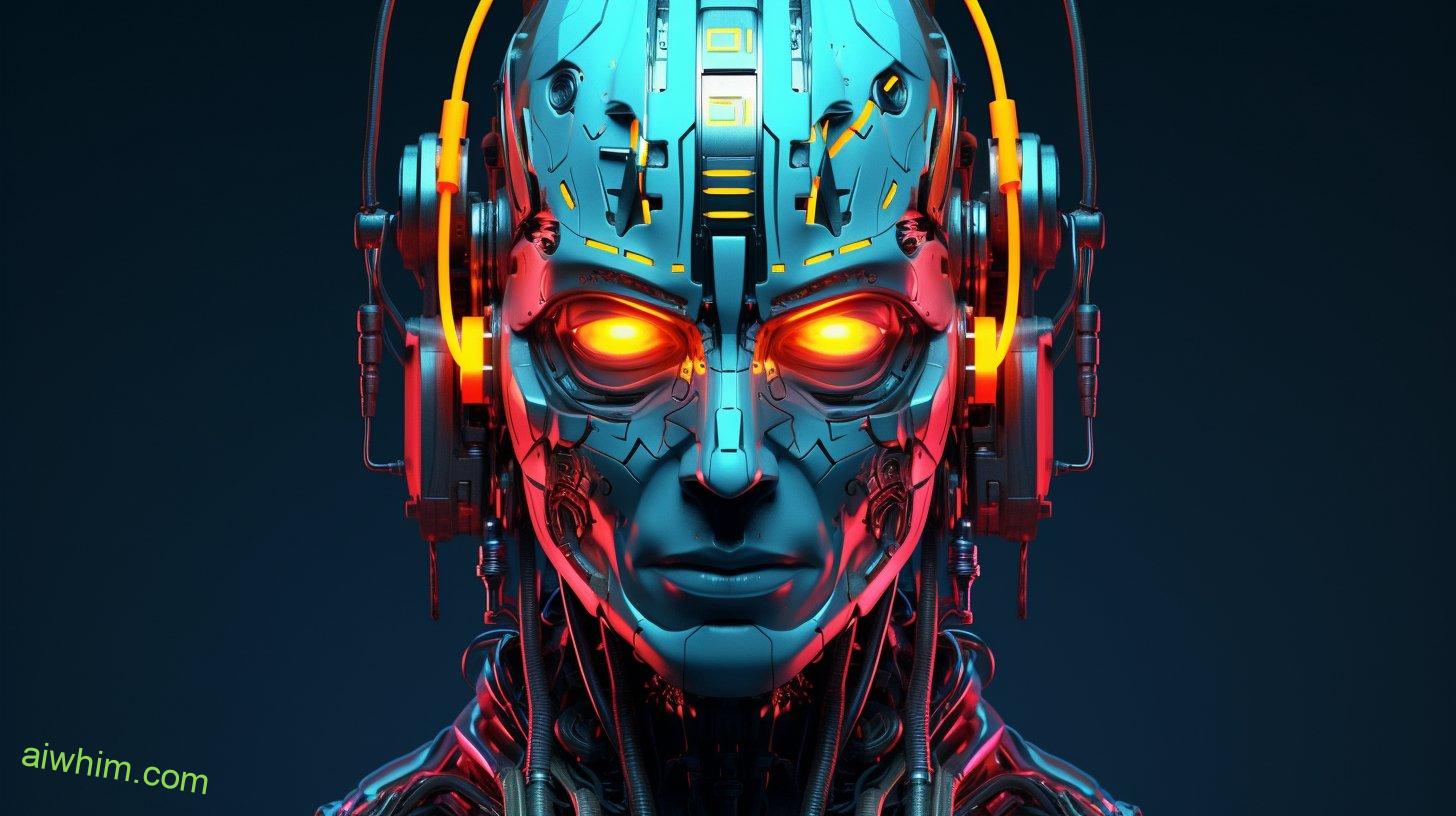
AI-Powered Virtual Assistants in Healthcare
AI-powered virtual assistants are revolutionizing healthcare by providing patients with personalized and accessible support for their medical needs. These advanced technologies have the potential to greatly impact the healthcare industry, empowering individuals and giving them more control over their own health.
Here are four ways in which AI-powered virtual assistants are transforming healthcare:
- 24/7 Availability: With AI-powered virtual assistants, you no longer have to wait for office hours or deal with long wait times. These virtual assistants are available round the clock, ready to provide immediate assistance and answer your questions whenever you need them.
- Personalized Healthcare: AI-powered virtual assistants can analyze vast amounts of data about your medical history, symptoms, and lifestyle choices to provide personalized recommendations tailored specifically to your needs. They can help you manage chronic conditions, track your progress, remind you of medication schedules, and even suggest healthy lifestyle changes.
- Improved Access to Information: Gone are the days when you had to rely solely on doctors or search endless web pages for reliable medical information. AI-powered virtual assistants can access a wealth of up-to-date medical knowledge from reputable sources instantly. They can provide accurate information about diseases, symptoms, treatments, and even offer guidance on self-care practices.
- Efficient Appointment Management: Scheduling appointments and managing healthcare logistics can be time-consuming and frustrating. AI-powered virtual assistants streamline this process by allowing you to book appointments seamlessly through voice commands or digital interfaces. They can also send reminders for upcoming appointments or assist in rescheduling if needed.
The impact of AI on healthcare is undeniable. With AI-powered virtual assistants at your fingertips, you have the freedom to take charge of your health while receiving personalized support whenever you need it most.
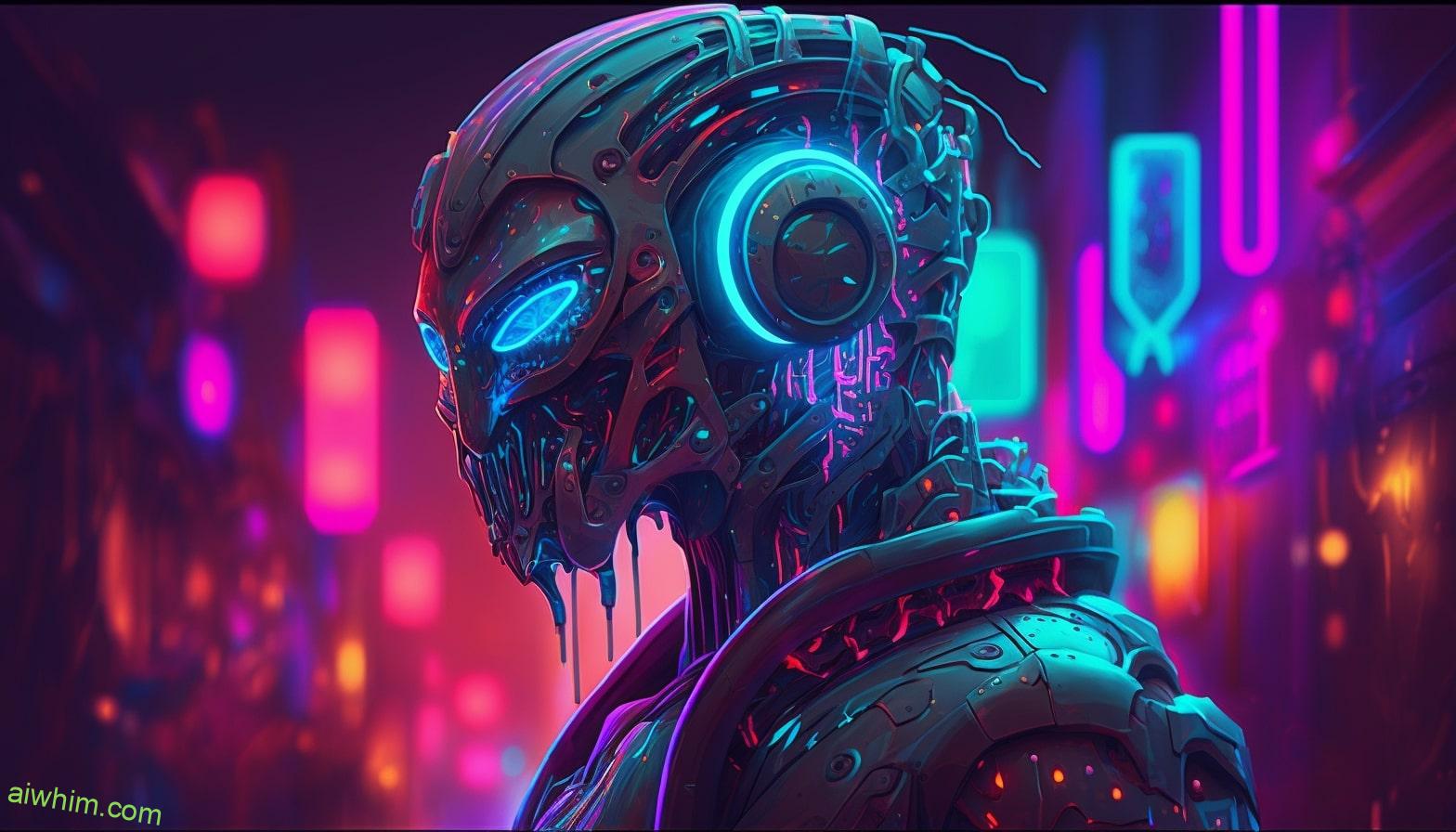
Enhancing Efficiency and Productivity With AI in Healthcare
Imagine how much time and effort you could save in the healthcare industry by using AI to enhance efficiency and productivity. Artificial Intelligence (AI) has made a significant impact on the healthcare workforce, particularly in healthcare administration.
With AI technology, tasks that were once time-consuming can now be automated, allowing healthcare professionals to focus more on patient care.
AI’s impact on the healthcare workforce is undeniable. By automating administrative tasks such as scheduling appointments, managing medical records, and processing insurance claims, AI enables healthcare providers to streamline their operations and reduce human error. This not only saves valuable time but also increases overall productivity within the industry.
In addition to enhancing efficiency, AI in healthcare administration also improves patient experiences. Through chatbots and virtual assistants powered by AI algorithms, patients can receive instant responses to their queries and access basic medical information without having to wait for a human response. This empowers individuals with quick and convenient access to necessary information while reducing the burden on healthcare staff.
Furthermore, AI can analyze vast amounts of data from electronic health records and medical literature to provide insights that aid in clinical decision-making. This helps physicians make accurate diagnoses faster and develop personalized treatment plans based on evidence-based medicine.
While some may worry about job displacement due to AI implementation, it is essential to recognize that AI is designed to augment rather than replace human capabilities. Instead of replacing healthcare professionals, AI allows them to work more efficiently by handling mundane tasks so they can focus on providing quality care.
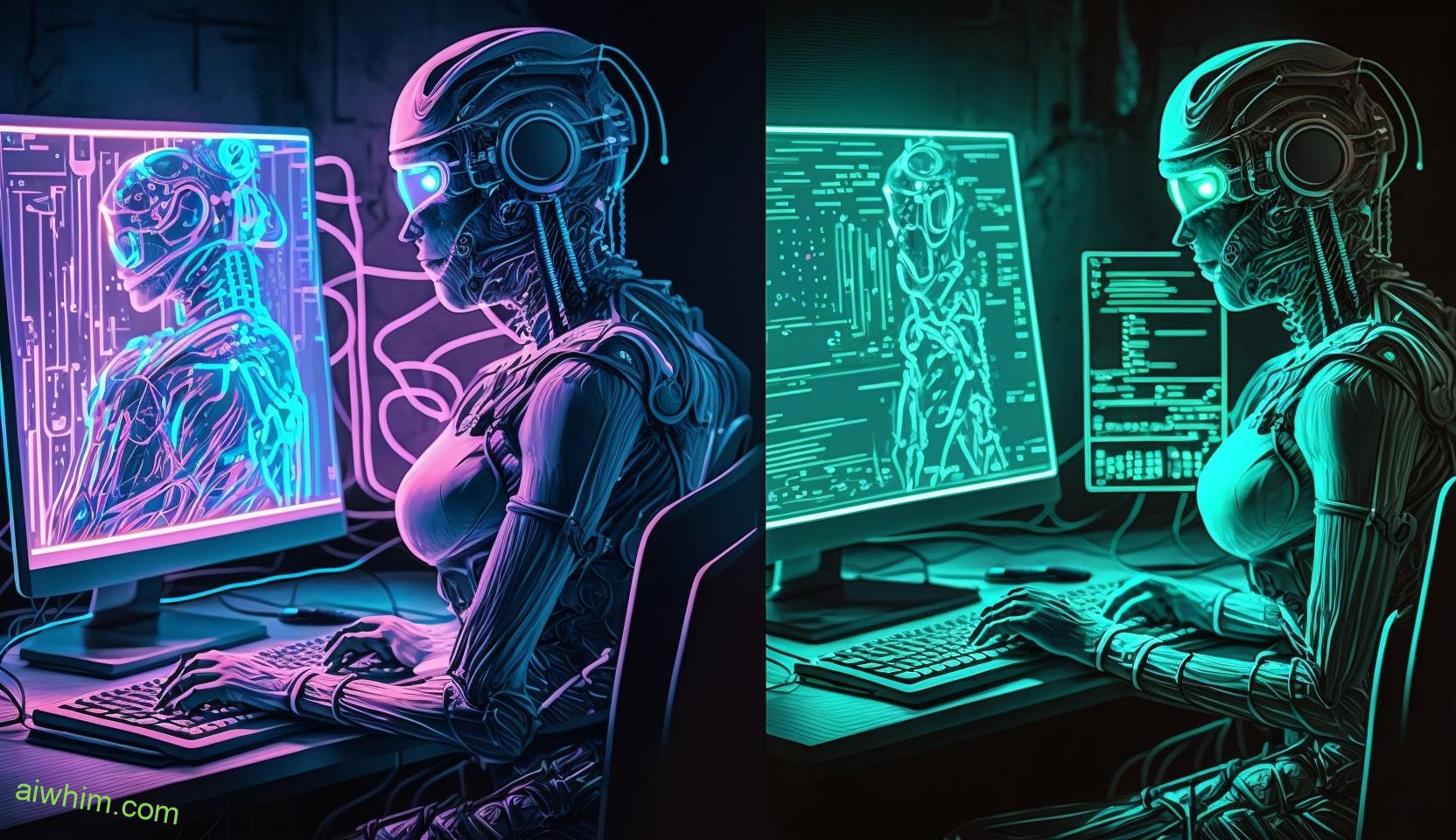
AI’s Role in Patient Monitoring and Care Coordination
You can enhance patient monitoring and improve care coordination by utilizing AI technology in the healthcare industry. With advancements in patient monitoring, AI has become a valuable tool that can revolutionize how healthcare professionals deliver care. Here are four ways that AI is transforming patient monitoring and care coordination:
- Real-time data analysis: AI algorithms can analyze large amounts of patient data in real time, providing healthcare providers with valuable insights into a patient’s condition. This allows for early detection of potential health issues and enables prompt intervention.
- Remote patient monitoring: AI-powered devices can continuously monitor patients’ vital signs from the comfort of their own homes. This not only reduces the need for frequent hospital visits but also provides healthcare providers with a comprehensive view of a patient’s health status over time.
- Predictive analytics: AI algorithms can analyze historical patient data to predict future health outcomes. By identifying patterns and trends, healthcare providers can proactively intervene to prevent adverse events or complications.
- Improved care coordination: AI technologies facilitate seamless communication and collaboration among different healthcare teams involved in a patient’s care journey. From sharing information to coordinating treatment plans, AI streamlines care coordination processes, ensuring that all stakeholders are on the same page.
By incorporating these advancements in patient monitoring and leveraging AI technology for care coordination, you have the freedom to provide more efficient and personalized care to your patients. The use of AI not only enhances clinical decision-making but also improves overall outcomes for patients while reducing costs and improving efficiency within the healthcare system.
Embracing this technology allows you to stay at the forefront of medical advancements and provide the best possible care for your patients.

The Ethical Considerations of AI in Healthcare
The ethical considerations surrounding the use of AI in healthcare are crucial to address and navigate effectively. As a freedom-minded individual, you value the importance of personal choice and privacy in your healthcare decisions. With the increasing integration of AI technology into healthcare systems, there are significant ethical implications that need to be taken into account.
One major concern is the potential invasion of privacy. As AI algorithms collect and analyze vast amounts of patient data, there is a risk that sensitive information could be accessed or shared without proper consent. It is essential for healthcare providers to establish robust security measures to protect patient confidentiality and ensure that data is only used for legitimate purposes.
Another ethical consideration revolves around the decision-making capabilities of AI systems. While these technologies can provide valuable insights and recommendations, they should never replace human judgment entirely. It is vital to maintain a balance between the use of AI as a tool to support medical professionals and preserving their autonomy in making critical decisions about patient care.
Furthermore, transparency in how AI algorithms operate becomes paramount. There is a need for clear guidelines regarding how these technologies are developed, validated, and monitored to prevent biases or discrimination against certain individuals or groups.
Overall, addressing ethical implications and privacy concerns associated with AI in healthcare requires open dialogue among stakeholders – including patients, medical professionals, policymakers, and technology developers. Only through careful consideration can we harness the full potential of AI while ensuring that it respects individual freedom and protects patients’ rights.

AI in Telemedicine and Remote Patient Care
With the rise of telemedicine and remote patient care, accessing quality healthcare from the comfort of your own home has become easier than ever. Telemedicine advancements and remote patient care technologies have revolutionized healthcare delivery, offering greater convenience, accessibility, and freedom to patients.
Here are some exciting developments in this field:
- Virtual Doctor Visits: Imagine having a consultation with your doctor without leaving your living room. Telemedicine allows you to connect with healthcare professionals through video calls, saving you time and eliminating the hassle of commuting.
- Remote Monitoring Devices: From wearable fitness trackers to smart home devices, remote monitoring technologies enable healthcare providers to track vital signs and collect health data remotely. This real-time information helps them make accurate diagnoses and provide personalized treatment plans.
- Teleconsultations with Specialists: Through telemedicine platforms, patients can consult with specialists from around the world without traveling long distances. This opens up a world of expertise at your fingertips, giving you access to top-notch medical advice regardless of your location.
- Medication Delivery Services: Remote patient care technologies also include medication delivery services, ensuring that you never run out of essential medications again. With just a few clicks on an app or website, your prescriptions can be delivered right to your doorstep.
These advancements in telemedicine and remote patient care put you in control of your healthcare journey. You have the freedom to choose when and where you receive medical attention while still benefiting from high-quality care provided by trained professionals.
Embrace these technological innovations as they empower you to take charge of your well-being without compromising on convenience or quality.
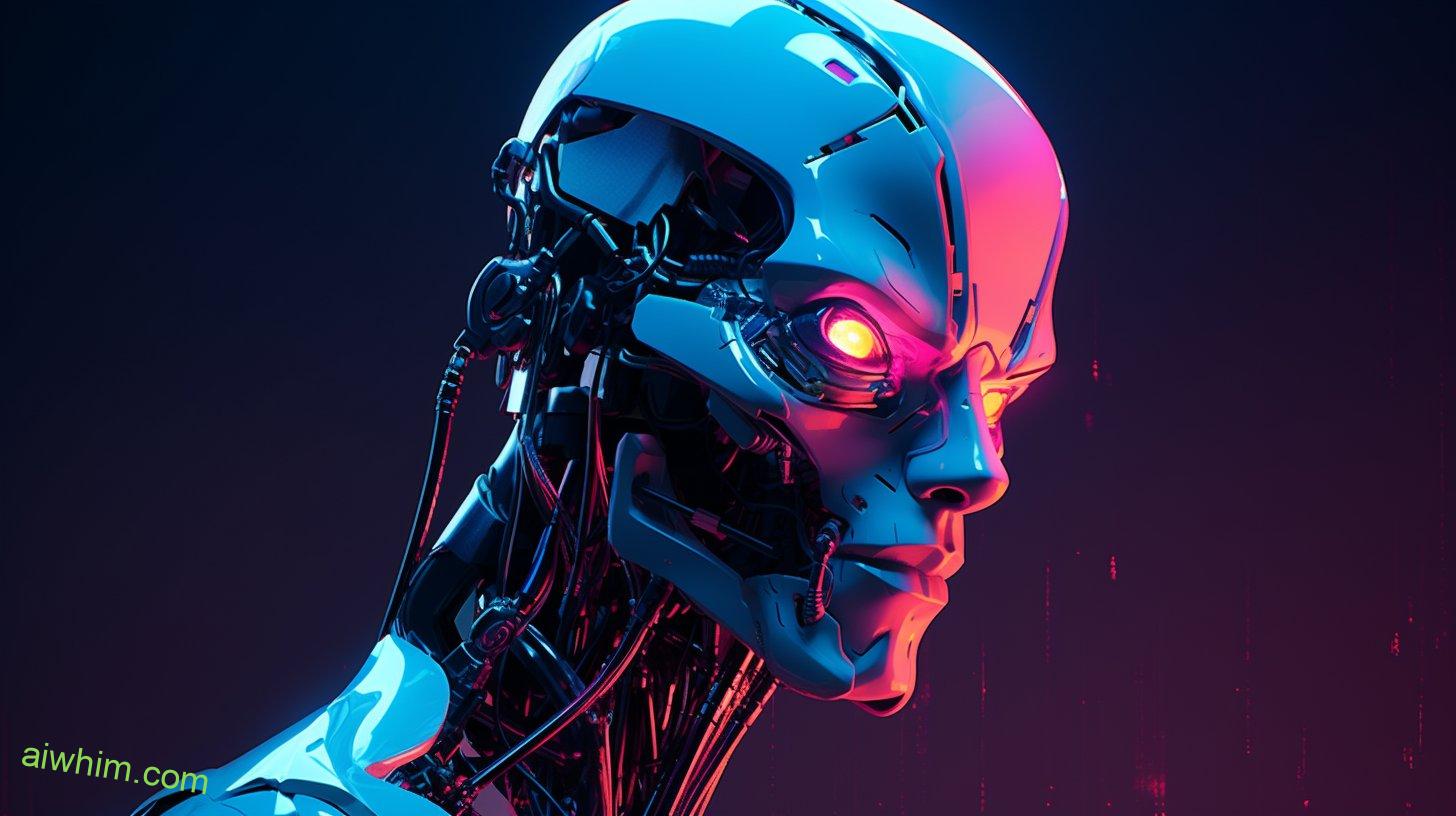
Addressing the Skills Gap: AI Vs. Physician Assistants
Addressing the skills gap, AI and physician assistants provide different solutions to healthcare challenges.
In today’s rapidly evolving world, automation and artificial intelligence (AI) have become integral to various industries, including healthcare. While some may fear that AI will replace human jobs, it is important to understand that AI and physician assistants can work hand in hand to address the skills gap.
The skills gap refers to the mismatch between the skills required for a job and the skills possessed by workers. With advancements in technology, new healthcare challenges arise that require specialized knowledge and expertise. This is where AI comes into play. AI systems can analyze vast amounts of data quickly and accurately, providing valuable insights for diagnosis and treatment options. They can assist physicians in making informed decisions by suggesting potential diagnoses based on patterns detected from patient records.
However, it is crucial to recognize that there are certain aspects of healthcare that cannot be replaced by machines alone. Physician assistants possess unique qualities such as empathy, critical thinking, and hands-on patient care experience that are essential for delivering quality healthcare. They can build strong relationships with patients, provide emotional support, and perform physical examinations.
While automation may impact certain aspects of physician assistant jobs through tasks like administrative duties or data analysis being performed by AI systems, it also presents an opportunity for them to focus more on direct patient care. By collaborating with AI technologies, physician assistants can enhance their efficiency and effectiveness in providing comprehensive care.
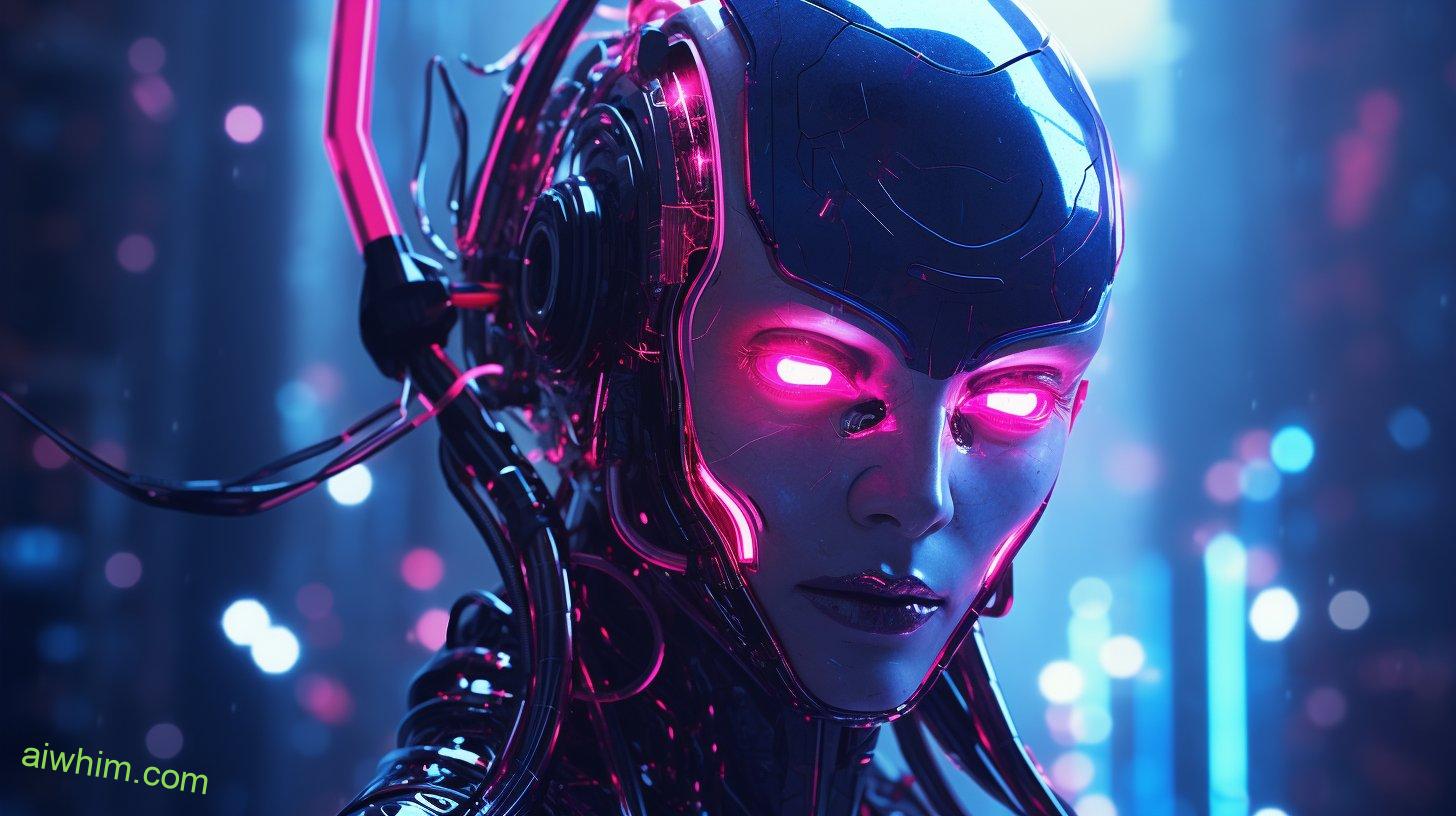
AI’s Potential to Improve Patient Outcomes
AI’s potential to improve patient outcomes is significant, as it can quickly analyze data and provide valuable insights for diagnosis and treatment options. With the advancements in technology, AI has the ability to revolutionize healthcare by improving diagnostics and delivering personalized treatments. Here are four ways AI can enhance patient care:
- Efficient Analysis: AI algorithms can swiftly process vast amounts of medical data, including electronic health records, lab results, and imaging reports. This enables doctors to make faster and more accurate diagnoses.
- Early Detection: AI-powered systems can detect subtle patterns or anomalies in patient data that may indicate the presence of diseases at an early stage. By identifying these warning signs sooner, physicians can intervene earlier and potentially prevent or mitigate serious health issues.
- Tailored Treatment Plans: By analyzing a patient’s individual characteristics, such as genetic makeup, medical history, lifestyle factors, and treatment responses of similar patients from large databases, AI algorithms can help develop personalized treatment plans. These plans take into account specific needs and preferences of each patient for better outcomes.
- Real-time Monitoring: AI-powered wearable devices allow continuous monitoring of vital signs like heart rate, blood pressure, sleep patterns etc., providing real-time feedback on a person’s health status. This helps individuals proactively manage their well-being by making necessary lifestyle adjustments or seeking timely medical assistance.
With these capabilities, AI holds immense potential to transform healthcare delivery by improving diagnostics accuracy and tailoring treatments according to individual needs.
However, it is important to remember that while AI can support healthcare professionals in their decision-making processes, it cannot replace human expertise and empathy which are crucial aspects of quality healthcare provision. The future will likely see a collaborative approach between humans and AI working together to achieve optimal patient outcomes while respecting individual freedom and autonomy in healthcare decisions.

The Future of Physician Assistant Jobs in an AI-driven World
In an AI-driven world, you may find yourself adapting and evolving in your role as a physician assistant to meet the changing demands of healthcare. The impact of automation on healthcare professions is undeniable, but rest assured, AI is not here to replace you; it’s here to augment and enhance your abilities.
One way AI is revolutionizing medical education is through personalized learning. With the help of machine learning algorithms, AI can analyze vast amounts of data to create tailored educational programs for aspiring healthcare professionals. This means that as a physician assistant, you can benefit from more efficient and targeted training courses that address your specific areas of improvement.
Furthermore, AI-powered virtual patient simulations are becoming increasingly common in medical education. These simulations allow you to gain hands-on experience in diagnosing and treating patients without any risk to real-life individuals. By utilizing virtual reality technology and sophisticated algorithms, these simulations provide an immersive learning environment that closely mimics real-world scenarios.
The role of AI in medical education also extends beyond individual training. Collaborative platforms powered by AI enable students and professionals from around the globe to connect and share knowledge effortlessly. This fosters a culture of collaboration and continuous learning where ideas are exchanged freely, ultimately benefiting patient care.
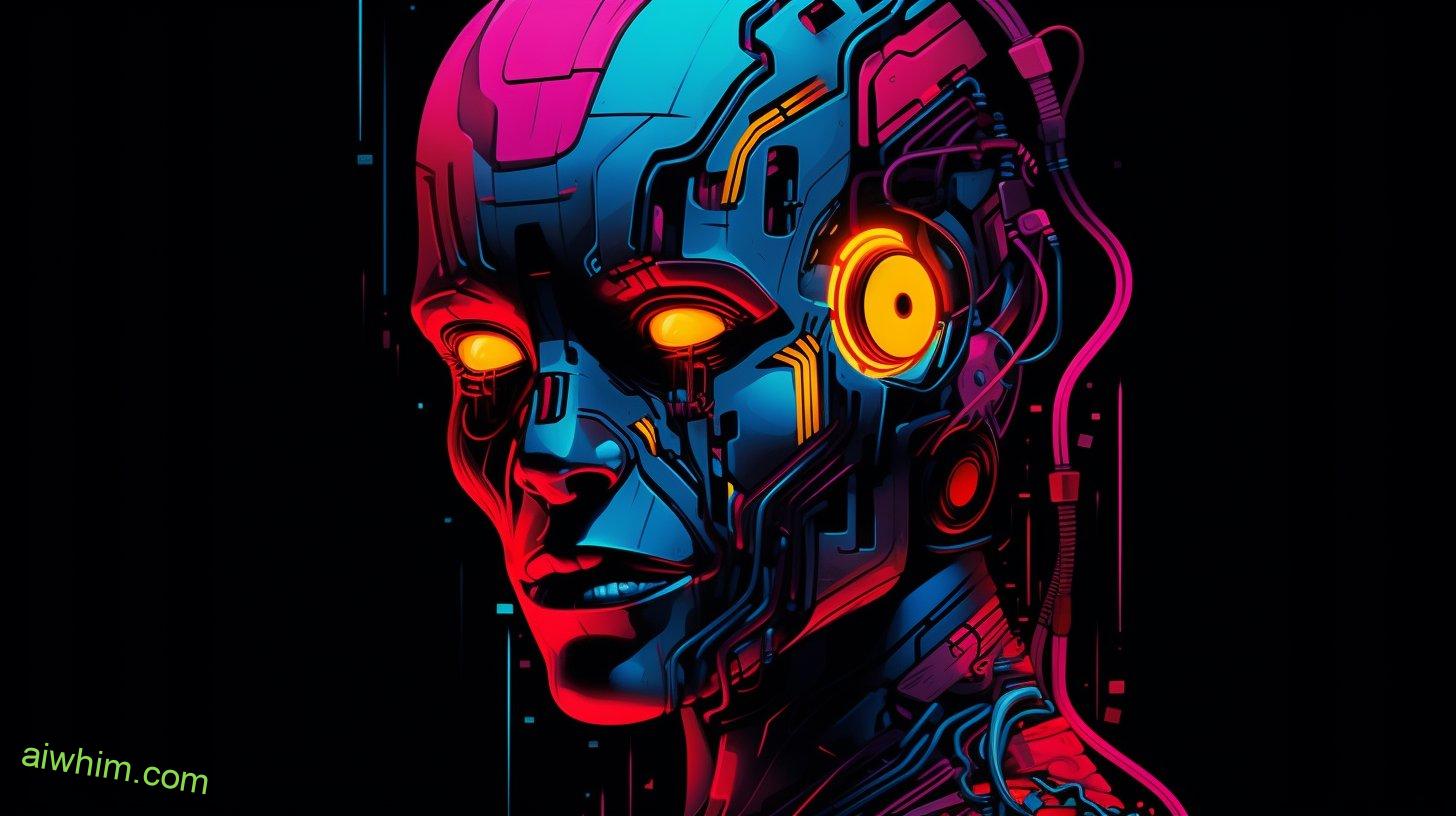
Collaboration Between AI and Physician Assistants
By collaborating with AI, you can tap into its vast knowledge base and enhance your clinical decision-making abilities. Integration of AI technology in healthcare can revolutionize the way you work as a physician assistant.
Here are four ways collaboration with AI can benefit you:
- Improved Diagnosis: By working alongside AI systems, you can leverage their ability to analyze large amounts of patient data quickly and accurately. This collaboration enables more precise and timely diagnoses, leading to better patient outcomes.
- Enhanced Treatment Planning: Integrating AI into your practice allows you to access evidence-based treatment guidelines and recommendations instantaneously. With this information at your fingertips, you can create personalized treatment plans that align with the latest medical research.
- Streamlined Administrative Tasks: Collaboration with AI reduces the burden of administrative tasks such as documentation and scheduling appointments. By automating these processes, you have more time to focus on direct patient care, improving efficiency and ensuring patients receive the attention they need.
- Continuous Learning: Partnering with AI systems provides an opportunity for continuous learning and professional development. Access to real-time medical literature updates, educational resources, and case studies enhances your knowledge base and keeps you up-to-date with the latest advancements in medicine.
Remember that collaboration between humans and AI is not about replacing or competing but rather augmenting each other’s capabilities. By embracing this integration, you have the chance to expand your expertise while maintaining a human touch in patient care.
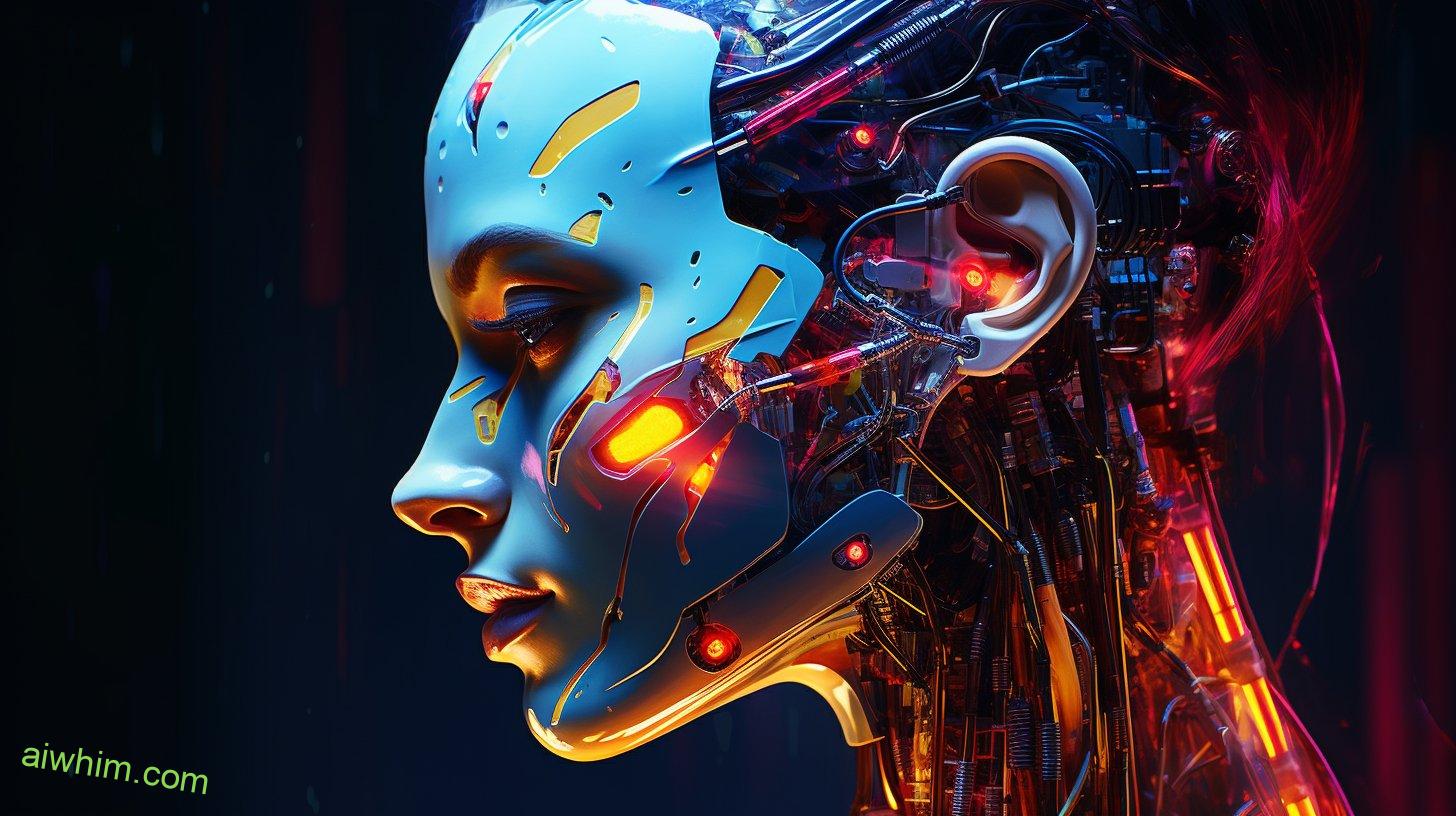
Embracing AI as a Complement to Physician Assistant Roles
Embracing the integration of AI as a complement to your role can enhance your clinical expertise and provide more effective patient care. As emerging technologies continue to advance, integrating AI into healthcare has become increasingly important. Rather than viewing AI as a threat to your profession, it is essential to recognize its potential for improving patient outcomes and streamlining workflow.
Integrating AI into your practice can offer numerous benefits. With the ability to analyze vast amounts of medical data quickly and accurately, AI can assist in diagnosing conditions, identifying treatment options, and predicting patient outcomes. By leveraging these capabilities, you can make more informed decisions that are tailored specifically to each patient’s needs.
By incorporating AI tools into your practice, you can also save valuable time. Routine administrative tasks such as documentation and scheduling appointments can be automated with the help of AI technology. This allows you to focus on providing direct patient care and spending more time with individual patients.
Furthermore, integrating AI into your daily practice can facilitate continuous learning and professional development. Through machine learning algorithms, AI systems have the capacity to analyze patterns in data from various sources like medical literature or real-time patient data. This enables you to stay up-to-date with the latest research findings and evidence-based practices.

Frequently Asked Questions
What Are Some Examples of AI-Powered Virtual Assistants in the Healthcare Industry?
AI-powered virtual assistants in healthcare have revolutionized the industry. These assistants can accurately diagnose conditions, monitor patient progress, and provide personalized treatment plans. They are valuable tools that enhance the efficiency and effectiveness of healthcare providers.
How Can AI Be Used to Enhance Efficiency and Productivity in Healthcare Settings?
AI in healthcare training can enhance efficiency by providing personalized learning tools. AI in medical research can increase productivity by analyzing vast amounts of data. Embrace these advancements for a more effective and progressive healthcare system.
What Are Some Ethical Considerations Surrounding the Use of AI in Healthcare?
When considering the ethical implications of AI in healthcare, it’s important to address privacy concerns. You have the freedom to question how patient data is collected, stored, and used to ensure confidentiality and autonomy.
How Does AI Play a Role in Telemedicine and Remote Patient Care?
AI plays a significant role in telemedicine and remote patient care. It contributes to the healthcare workforce by improving efficiency and accuracy in remote monitoring, allowing for greater access to quality care for patients.
How Can AI Potentially Improve Patient Outcomes in the Medical Field?
AI in medical diagnosis and personalized treatment can potentially improve patient outcomes. With AI’s ability to analyze vast amounts of data, it can assist healthcare professionals in making accurate diagnoses and developing tailored treatment plans for better patient care.

Conclusion
In conclusion, AI is poised to become a formidable competitor in the field of physician assistant jobs. With its rapid advancements in medical diagnosis and surgical procedures, AI has the potential to revolutionize patient care and improve outcomes.
However, rather than fearing this technology, physician assistants should embrace it as a complement to their roles. As the saying goes, ‘Two heads are better than one,’ by collaborating with AI systems, physician assistants can enhance their skills and provide even better care to patients.

